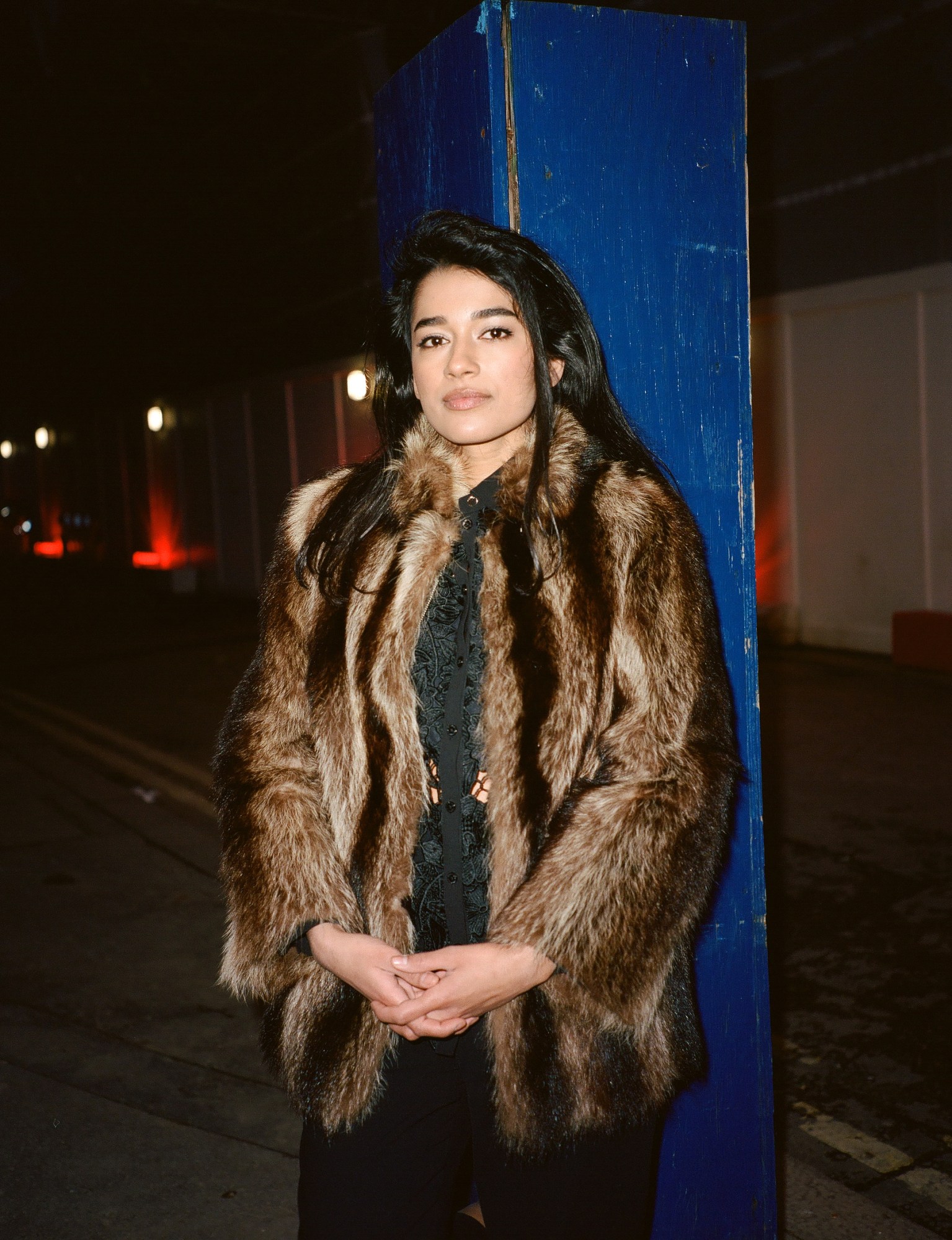After a two-decade long obsession with immigration, the past 18 months have seen the British public and our elected MPs growing resolutely quiet on the matter, following the embarrassing outcome of the Brexit referendum. But, while the national rhetoric and media coverage may have dissipated and the issue may have fallen from our public conscience, the importance of Britain as a refuge for those who have experienced unthinkable hardships in their home countries is as crucial, and necessary, as ever.
According to the UNHCR, For the year ending June 2016, Germany, Sweden and Hungary “received 63% of all of the asylum applications in Europe”. By comparison, the UK was “8th in Europe for the number of asylum applications it received”. When a person is granted refugee status — typically following a long, arduous and bureaucratic process — they are given 28 days before they are forced to leave asylum accommodation. “Many refugees become homeless at this stage,” says the charity Refugee Action.
In 2015, the UK was home to over 117,00 refugees, in addition to approximately 38,000 pending asylum cases. Only 40-50% of these applications will typically be successful. Unemployment levels are over 50% for refugees, compared with the national average at 4%, and the rates are worsening. 53.2% of refugees who arrived before 2014 are in employment. Among those who arrived after 2014, the employment rate is just 30.5%. (Statistics via charity Breaking Barriers).
With nasty propaganda peddled by many of our tabloid newspapers and right-wing politicians about the men, women and children seeking peace and sanctuary in the UK, it is simply not good enough to remain silent to the issue of immigration right now. Here we speak to four refugees and an asylum seeker whose case is currently pending, about their experience of moving to London and the future they are hoping for. Jo, who escaped the Rwandan genocide. Ammar and Sam, who escaped the war in Syria. Sarah, who was forced to leave Uganda. And Mursal, who fled Afghanistan as a child.
Some names have been changed.
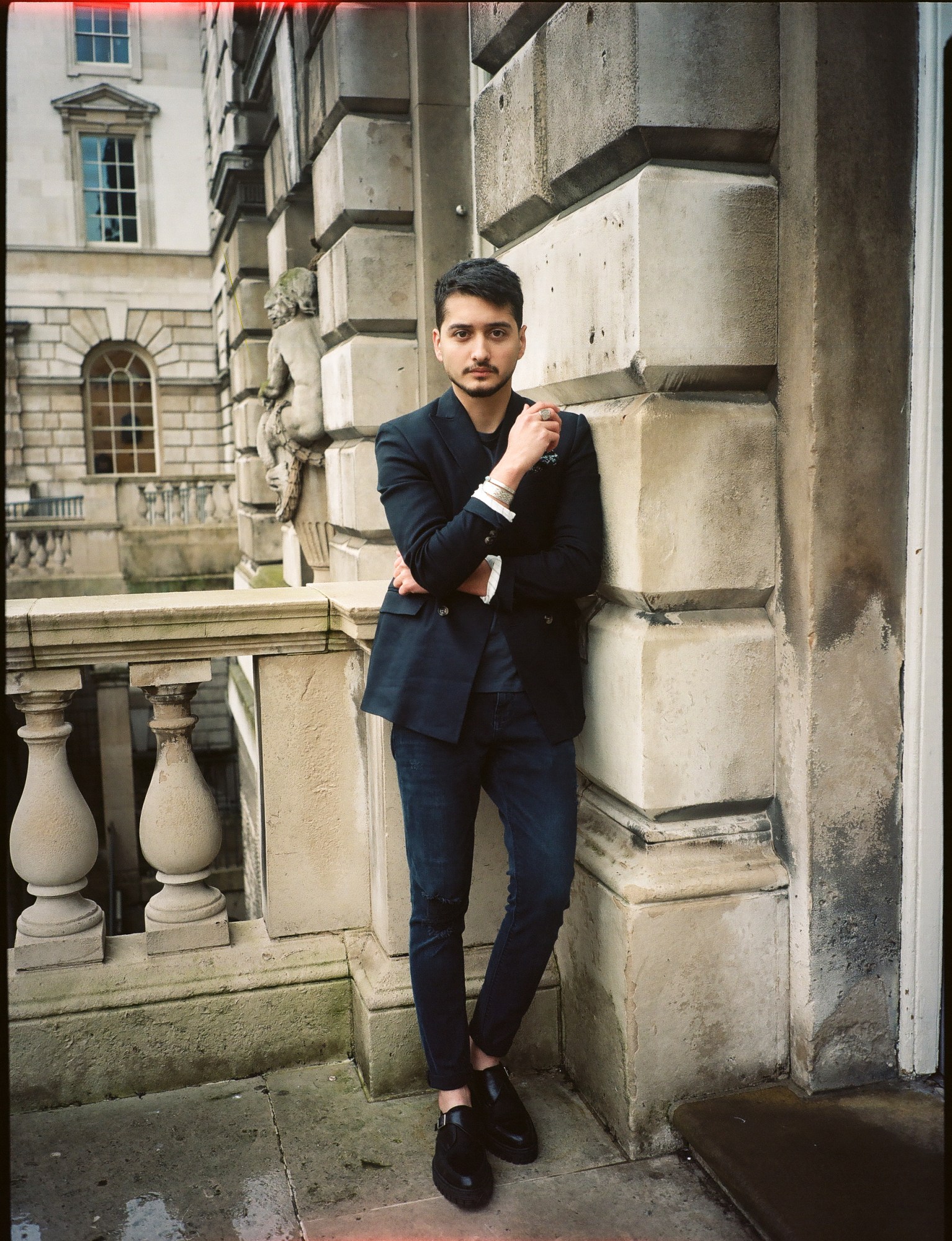
Ammar, 21
“My name’s Ammar Alsaker and I am a Syrian national living in the UK. I fled Syria due to the war. My mum was the one who pushed me to leave. She said, ‘It’s very hard for us to take this big step by sending you away, but I’d rather not see you, knowing that you’re safe somewhere else, than to spend the rest of my life crying over what may happen to you if you stayed close.’
I started my journey by travelling to Beirut, then flying to Turkey using my Syrian passport. Then I found a smuggler to cross the sea to Greece — which was the biggest test of my life. I continued my way to the Greek border, but when I got there I was told that the border just closed… completely closed. I was stuck there with 15,000 other people, sleeping in tents. I spent the first week just processing what happened to me, then I decided to turn the negative into a positive, by working as a translator/fixer for journalists that were coming to the camp. I stayed there for six months and managed to work with The New York Times, TIME, Channel 4, HBO, This American Life and more, and was able to save the money I needed to buy a fake passport and achieve my dream of coming to London.
I used to work as a visual merchandiser in Damascus for high street brands, but I always wanted to expand my knowledge by studying it in Europe. I applied for LCF and a student loan as soon as I got to London, as the deadline for submitting applications was so close. I built up a portfolio in the refugees’ shared house I was staying in, and worked hard on improving my academic English in order to get the IELTS certificate as it was required, with the help of Breaking Barriers. After all that hard work, I got accepted into LCF.
What makes me happy about London is, firstly, I feel like a human again here, and I haven’t felt that in such a long time. Secondly, it’s the place where dreams come true, if the willing is there and the effort is put in. Thirdly, having lots of inspirational sources around me. And, finally, being able to blend in with a very strong community.
My hopes for the future are to be able to see my family and my new baby brother that I haven’t met. I am not allowed to see my family again, not even in the far future. Not being able to share your success with your family is such a hard thing to deal with. The only way we communicate is through WhatsApp emojis, and we never actually know what’s behind ’em. But, of course, this won’t hold me back from achieving my goals and and making them proud.”
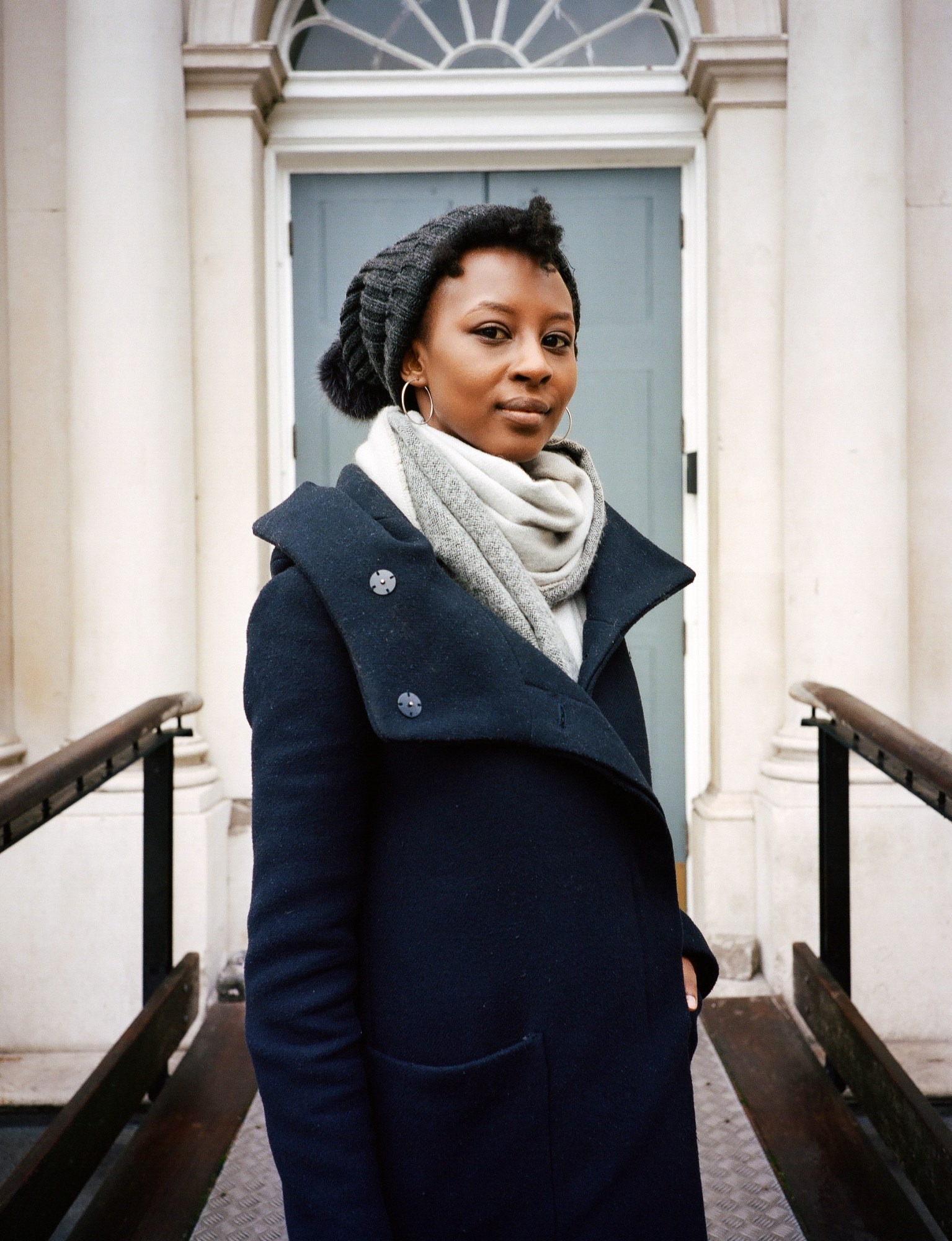
Jo, 28
“My name is Jo, I’m 28 years old, I work for a TV and film production company, and I have been in the UK for 15 years now.
I was born in Rwanda, my family were victims of the genocide against the Tutsi and so I spent my childhood in Uganda. There was unrest in that country too, and so we moved to the UK.
My experience of moving to the UK has been mainly positive. Although I initially resented the move, I realise it was an incredible opportunity to spend my formative years in safe and secure environment.
I love the energy and pace of London life. You only have to look to find something new and exciting about pretty much everything. Whatever interests you — arts, technology, sports, science, history — London has it all. It’s also unusually easy to meet and befriend people from different cultures and walks of life. But London is so big and busy that sometimes it can swallow you up. I think you have to make a real effort to find ‘your people’, otherwise life can be lonely.
I hope I can continue work that promotes peace and reconciliation while confronting extremist ideology. My current platform is Survivors Tribune, a charity that promotes genocide education and challenges people to question their own apathy toward divisive language from social and political commentators. In the documented ten stages of genocide, stages one and two are ‘classification’ and ‘symbolism’. We can see that now in our culture, there is a distinct ‘them and us’ stance and a narrative that makes pariahs out of ordinary people. We don’t have to believe that, however. The people have enormous power to frustrate that discourse by refusing to remain complicit and engaging in action that frustrates hateful, oppressive ideology. Even a small action like standing in solidarity next to a victim of abuse on a crowded bus can affect real change.”
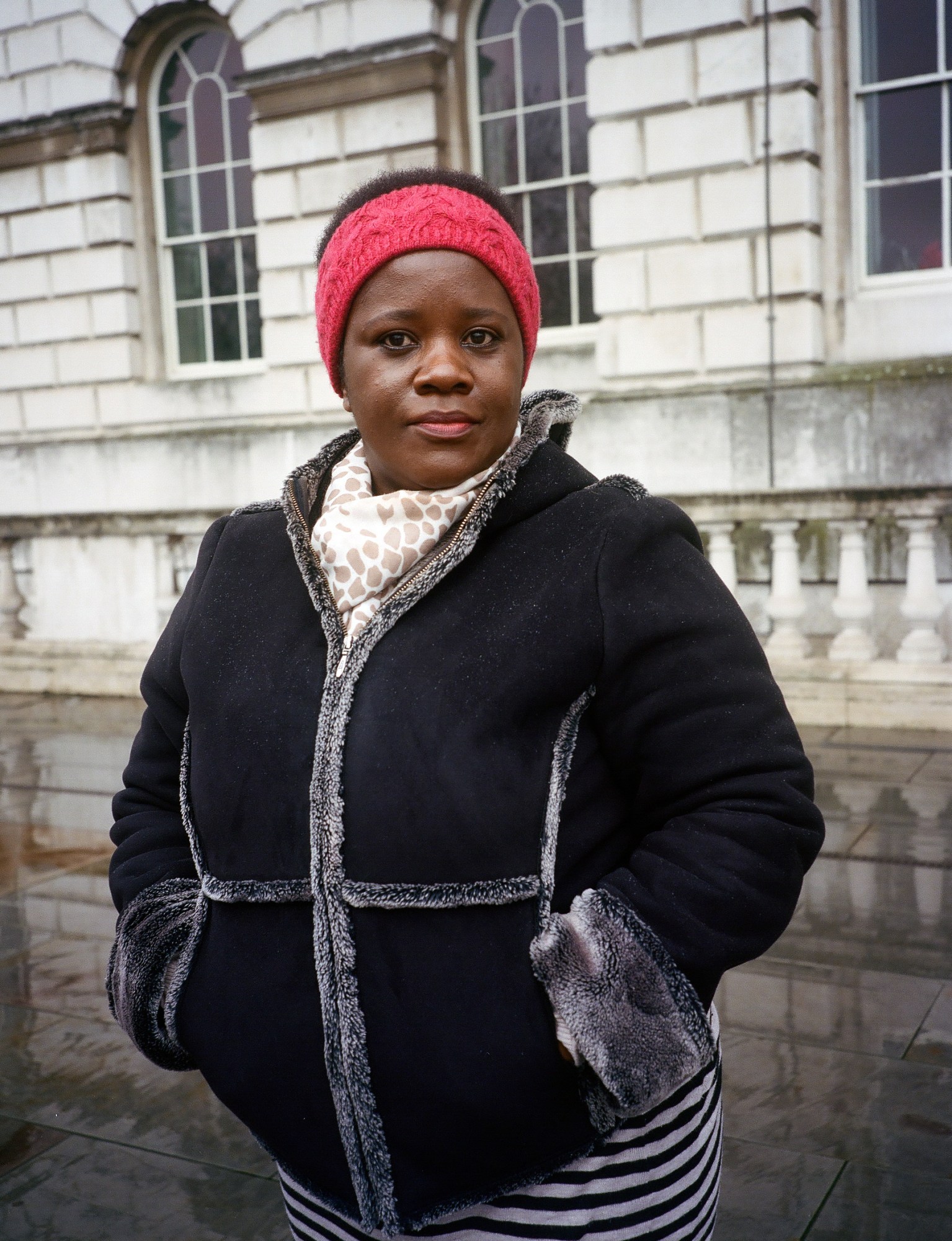
Sarah, 45
“I came to the UK seven years ago. I was abused and violated, I’m a survivor of this abuse, this is why I came to the UK.
I have been in London for seven years, but I’m still waiting to be granted refugee status. At the moment, I’m not legally allowed to work, but I’m hoping in two or three months I will be able to.
I would consider my experience of moving to the UK positive — although I’ve had some hardships here, I’ve been empowered, I’ve got my confidence through the social groups I’ve been interacting with. When I get my status I will stay here with my partner and build a new life and a new family.
I’m not currently studying, but I go along to Women for Refugee Women, who have helped me to share my stories with other women who have been through what I’ve been through. We are able to grieve together and overcome our experiences. If you don’t talk about it, you can become depressed. When you have been through trauma (I have PTSD), you need to share with other women. I have also been trained with Bread & Roses, who have given me new skills, and have introduced me to new people. I hope that when I get my status, I can use these new skills to do floristry. Through my interaction with the NHS, I have got much better health now — they have been an overwhelming support.
The local community here is very good, the doors are open for me wherever I go. I’ve had counselling from Camden Carers and Notre Dame Refugee Centre. I go there when I’m a bit depressed and down. Notre Dame also got me a lawyer to fight my asylum case.
I hate negativity, it pushes you down, down the drain — so I try to focus on the positives. But the hardest thing about London is that it’s expensive. I don’t receive any money from the government, I rely on support from friends and my partner.
In the future I want to go back to studying, and become a social worker! I used to be a carer for elderly people in Uganda, and I really want to go back to doing that one day.”

Sam, 20
“I lived in Syria until I was 14, and then I moved to Amman, Jordan for four years. I moved because my mother wanted to save mine and my family’s lives. I miss Syria before the war, but not now.
The war started in 2011. This was the year I stopped going to school, because my school was bombed — four children died. My mother was scared for us. One day, the terrorists came to the area I lived, with machine guns and bombs. There were bodies and blood all over the streets. We hid inside the house. The terrorists said we had two hours to leave the area if we didn’t want to die. Everyone took small bags and ran.
I stayed in Syria for three years during the war. We stayed in my auntie’s house for six months, then moved to my grandmother’s house for five months. After lunch one day, bombs hit the city — five or six every minute, all afternoon and evening. We thought we would die. When we got to my uncle’s the house, it has been bombed and was covered in blood — we took the children to the hospital. We went to another house until 6:30am, and then we moved to another city. We stayed in a house with no water, no electricity, no bread for two months. After this, my mother decided we should leave Syria. She was sad about this, but she wanted to save our lives.
We left Syria in 2013. My mum worked in Jordan, 13 or 14 hours a day, but my dad could not work because he didn’t have the ID he needed to do so. There were lots of Syrian families there. Life was very hard. Every month the UN would give us money for food.
Then, one day, we spoke with the UN, they asked if we wanted to leave Jordan. We said yes, any country. They told us a church called Hillsong in London saw the file for my family and wanted to help us.
We waited for four months. During this time we had doctor’s appointments to check our health. Everything was good. We travelled from Queen Alia in Jordan, to Istanbul airport, to the UK. A group from Hillsong took our family to our new house. On this day my new life in the UK began. Everything after this day has been a dream. My brothers can go school and my parents are learning English, and then they will be able to work. Me and my brothers can go to university, and work. We can do anything we want.
I have been in the UK for four months. I am enjoying my new life in London. Everything has been positive, most people have been friendly and welcoming. I am currently taking English classes and have just enrolled in a training scheme for Starbucks. In the future, I would like to study medicine at university, to become a surgeon.” [Sam is also part of HostNation, a not-for-profit social enterprise that pairs refugees friends in their local area].
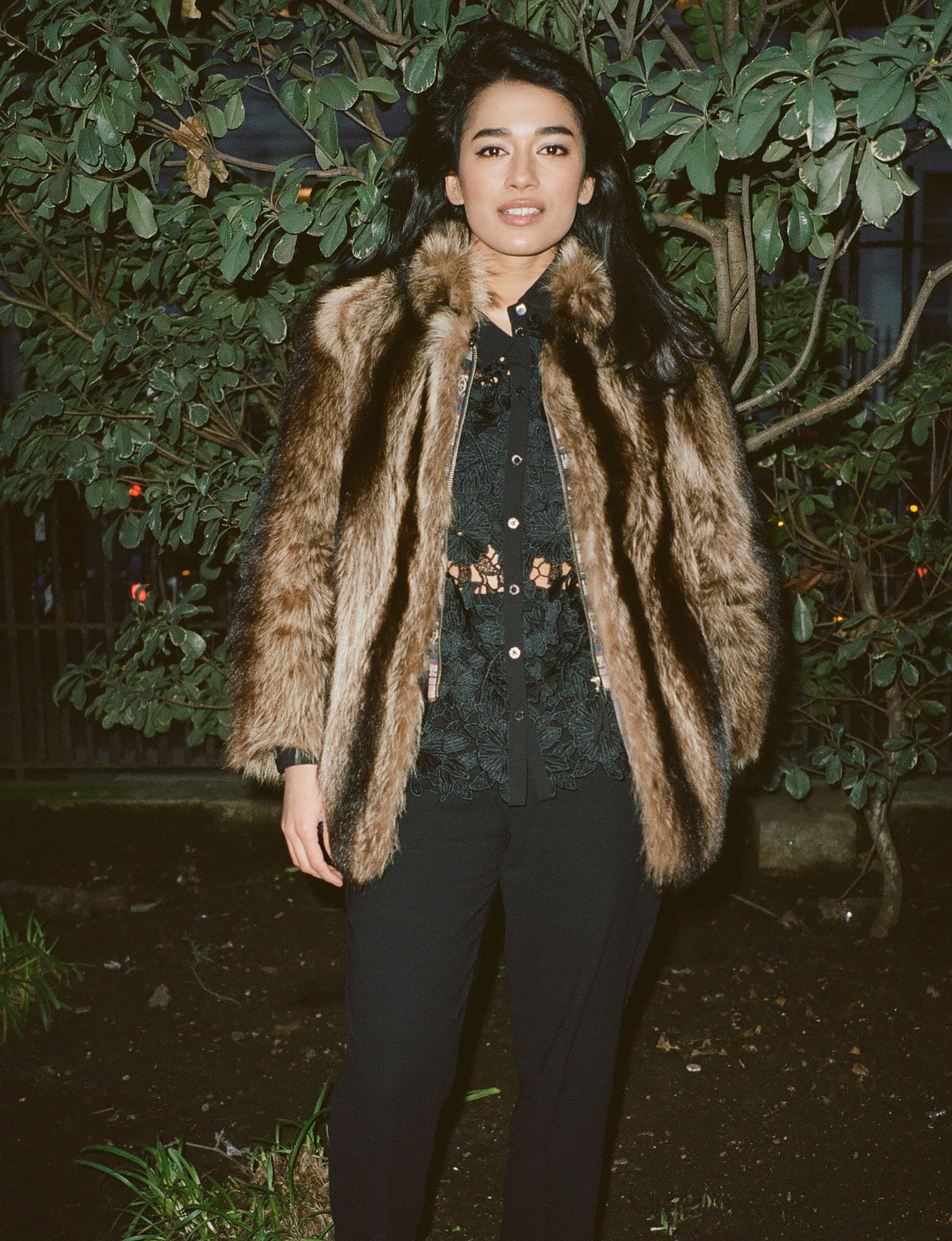
Mursal, 27
“My family came to the UK from Kabul, Afghanistan because of the escalating armed conflict there. I turned four during my first year in London, and remember experiencing major FOMO for being too old to join nursery by the time we were settled in our first home (which sounds like the best year of school, hands down).
Sometimes I think about what our lives would be like if it wasn’t for the civil war, the Taliban, or the foreign geopolitics that led to it all. My mum had been a civil engineer and my dad was a professor of mathematics. We would probably have had a better start to life. But I love the UK, and feel very fortunate to have been allowed to start my life here. I feel especially fortunate to be able to help people who are in a similar position to my family’s 20 years ago, through my work.
I’m currently building a start-up that enables language learners to have social impact while they learn. Chatterbox trains and employs refugees to tutor in their native languages online, in languages like Arabic, Spanish, and Mandarin. We’ve helped more than 60 refugees reclaim their professional identities since launching in 2017.
I absolutely adore London. I’m proud of our strong tradition of tolerance, creativity, and cultural diversity. It’s one of the few places in the world that I feel completely at home.
The hardest thing for me, like many, is the rent and the cost of living. If my family didn’t already live here I’m not sure I could afford to! It’s a shame because it’s home to so many unique opportunities and communities, including in the vibrant tech-for-good scene I’m involved in through Chatterbox. It’s unfair that many people in the UK are no longer able to access these opportunities because of the city’s price tag.
I hope that in the future, a Politics 2.0 will emerge that can better handle the waves of change coming at us through things like migration, technology and environmental catastrophe. If you’re not at least a little bit scared for the future, you’re not watching the news closely enough. The good thing is that there’s still some time for us to adapt and possibly end up in an even better place.”
